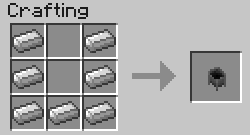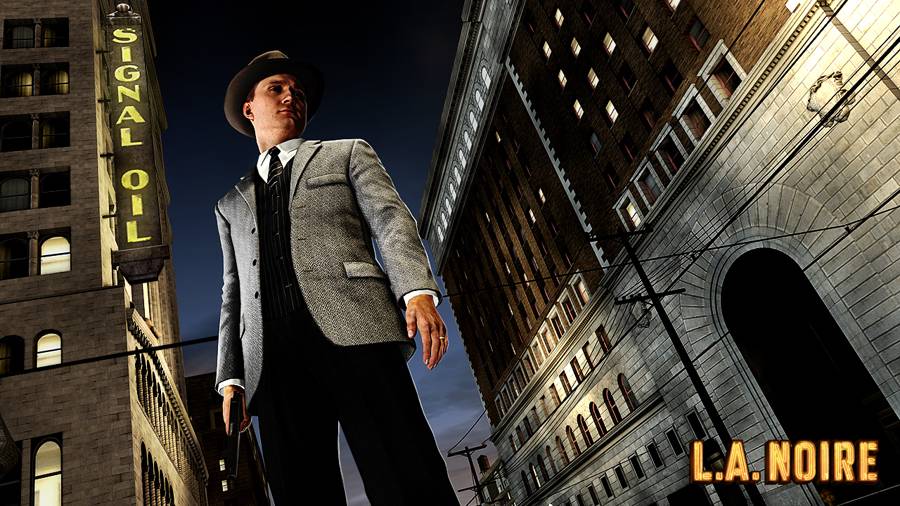Why you need to use a conveyancing solicitor when transfering real estate property
The transfer of legal rights for a property between two individuals is termed conveyancing.
To ensure that this exchange is completed legitimately and utterly legally, conveyancing solicitors are usually hired to oversee the process. The law doesn't acknowledge gentleman's agreements with regards to the exchange of property until a certified conveyancer or a conveyancing solicitor oversees it and makes certain to government entities it was done as a result of mutual consent, and that also the appropriate binding papers were exchanged.
As soon as a seller has found a purchaser who might be serious about buying a piece of property, conveyancing solicitors are then brought in in order to complete the purchase. Ordinarily, a conveyancing solicitor is not active in the actual locating of potential property buyers or sellers. The work of the conveyancing solicitor starts with taking instructions from the seller or buyer with regard to the property that is being offered or bought. At this point, the conveyancing solicitor will conduct research with regards to the property and consult with local officials so as to assess if there will be any significant legal problems which may impact the property transfer and sale. A comprehensive pre-contract search has to be done by the conveyancing solicitor. After this authentication is done, the seller's solicitor will put together a draft and submit it to the buyer's solicitor for legal approval.
After taking into consideration this draft, the buyer's conveyancing solicitor should then send a draft for legal approval to the solicitor representing the seller also. These two drafts must conform to the domestic conveyancing regulations and laws for the country where the exchange will be completed. It may take numerous days between 10 and 12 weeks for those two solicitors to perform the conveyancing operation. As to be expected, some property transfers are extremely straightforward and will only require a short period of time, while others may be more complex and take considerably longer in order to complete. There are various variables that can impact the time that it takes to finish conveyancing agreements. There are many legal, personal, as well as social factors that can affect the time it takes to perform a transaction.
Prior to when the final contracts are completed, both parties have the ability to pull out of completing the transaction. The individual that withdraws from this transaction will not be required to indemnify the other person for whatever losses they have suffered up to this point. There's a certain chance of gazumping along with its opposite (gazundering) that is applicable during these transactions. The law governing these actions in England has recently been changed and now non-lawyers may start their own personal conveyancing firms, leading to increased competition and the reduction in many clients for conveyancing solicitors who are lawyers.
Anyone can locate a good conveyancing solicitor on the web. Nevertheless , you need to guard against the many dishonest individuals that are out there and whose only objective is to rob money from you. To protect yourself, and get the best conveyancing solicitor possible, there are numerous factors you want to consider. Proper licensing for the transaction is required for any solicitor involved. For instance, make sure the solicitor you get does residential property conveyancing, if you're buying a home. Also, be sure that the conveyancing solicitor you hire is a licensed member of the Council of Licenced Conveyancers or Law Society. Finally, you must ensure that you receive a client care letter from the conveyancing firm prior to proceeding.






 A solution on How to run non-Unicode games on your computer – using the AppLocale program
A solution on How to run non-Unicode games on your computer – using the AppLocale program Minecraft: How to Easily Kill Monsters
Minecraft: How to Easily Kill Monsters . Plays November 6, 2011
. Plays November 6, 2011 Elder Scrolls IV: Oblivion Tweak Guide
Elder Scrolls IV: Oblivion Tweak Guide L.A. Noire A Different Kind Of War Guide
L.A. Noire A Different Kind Of War Guide